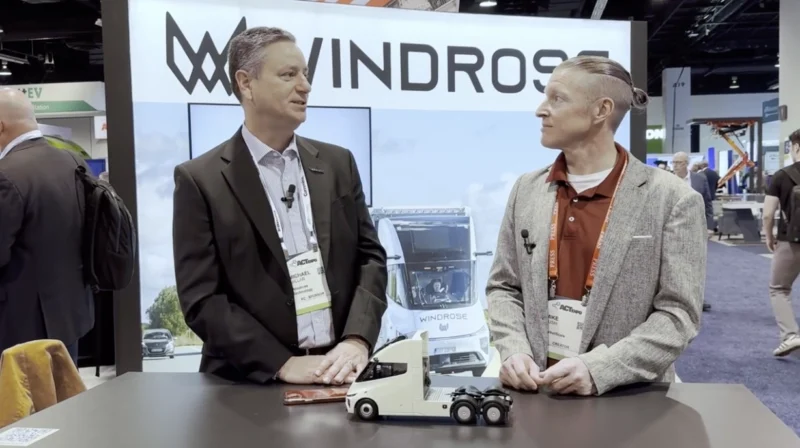Where Will Transportation Take Us in 2019?
Transportation at its core is moving people or materials from one point to another, so it plays a meaningful role in everyone’s daily life. Now that it is 2019, getting from here to there should be getting easier, right?
With promising innovations like autonomous vehicles still on the horizon, the industry seems to be on the cusp of revolution, but is not there yet. Thus, we still must rely on the traditional forms of travel. Let’s look at some 2019 transportation trends that are changing the industry.
Metro Areas Will Expand Light Rails
Many metro areas have light rails. They are eco-friendly and a technology-driven means of transportation, and more metro areas will either create or expand their light rail operations. U.S. transit authorities have lost ridership, and they are focusing on new strategies to get those passengers back.
In fact, only four of the top 35 U.S. cities saw growth in transit riders in 2017, according to the Washington Post. The report stated that the one city with the most growth was Seattle. Seattle and King County operate 13 percent more transit service now than in 2014, after bringing light rail expansions online while adding bus service. Thus, much of the 3 percent growth it experienced can be credited to the light rail that runs from the airport to downtown.
Cities have found that light rails are a large investment—usually in the hundreds of millions to billions—but that they are also a channel for growth.
Smart Cities Need a Structured Approach
Major cities have become smarter when it comes to transportation. This will grow, as will the data being collected. This data will play an important role in how cities mature and evolve. This will help with traffic and congestion with infrastructure insights. The future of city design will be heavily informed by an unprecedented amount of data.
Electric Cars on the Road Will Grow, Charging Stations Must Expand
Electric vehicles have made great strides in the last year with a variety of cars on the market. The most growth of electric cars belongs to the Nordic countries and China. The introduction of the Tesla Model 3 has led to a slight growth in the U.S.
The biggest barrier right now to further expansion in the U.S. is charging stations. They are plentiful in cities like San Diego, Seattle, and other large urban cities. However, having an electric vehicle in rural areas is still scarce. Yes, electric cars can be charged at home, but longer drives are prohibitive because of the infrequency of charging stations.
To incentivize buyers, electric car manufacturers are adding bonuses like free charging for a year or more. It is a significant incentive, but only works in areas with lots of places to plug in. Station charging companies like EVgo will be focused on the expansion of stations, allowing more drivers the opportunity to drive electric cars.
2019 Looks to be Big Year for Autonomous Vehicles
While our cars are not flying, they now no longer need us to drive them. Autonomous vehicles are just in their infancy in the U.S. There have been setbacks regarding safety, but 2019 looks to be a pivotal year.
Waymo, a leader in driverless car and subsidiary of the Alphabet Corporation, has an autonomous fleet that has logged over 10 million miles on the roads. Right now, Waymo has a rider program in Phoenix and is expected to expand its rider program to more cities.
General Motors also has big plans for 2019 with an initiative to begin mass producing autonomous cars. It plans to launch a ride-hailing program in San Francisco.
Uber is also back in the driverless car game after a pedestrian fatality in Arizona in 2018. The company now says it has taken measures to ensure this does not happen. The company has applied for approval to keep testing its driverless vehicles again in Pennsylvania.
Transportation is literally a moving industry, and lots of things impact it. So, these trends and many others will certainly shape the future of transportation and keep it moving.
For the latest news, videos, and podcasts in the Transportation Industry, be sure to subscribe to our industry publication.
Follow us on social media for the latest updates in B2B!
Twitter – @TransportMKSL
Facebook – facebook.com/marketscale
LinkedIn – linkedin.com/company/marketscale








